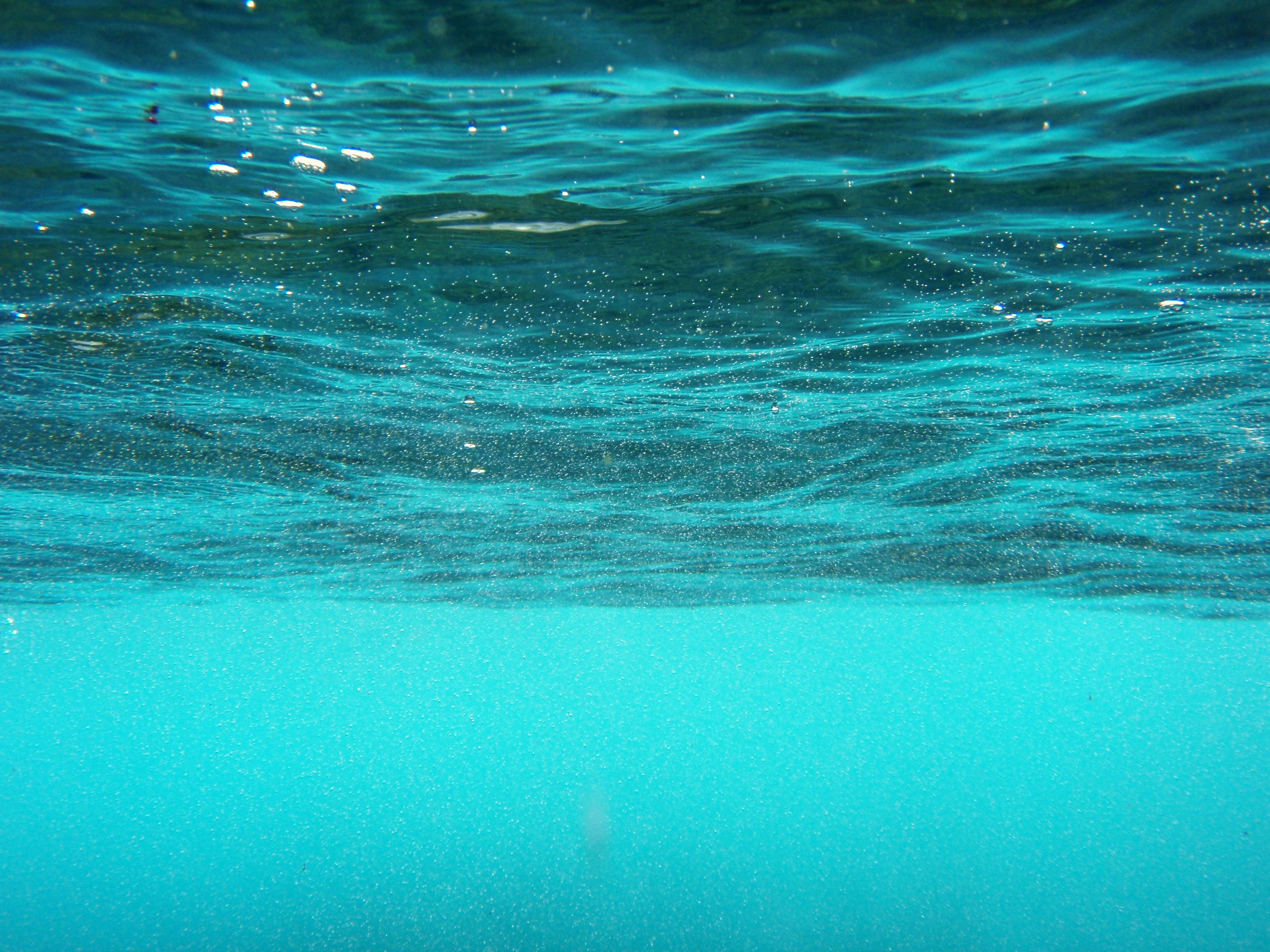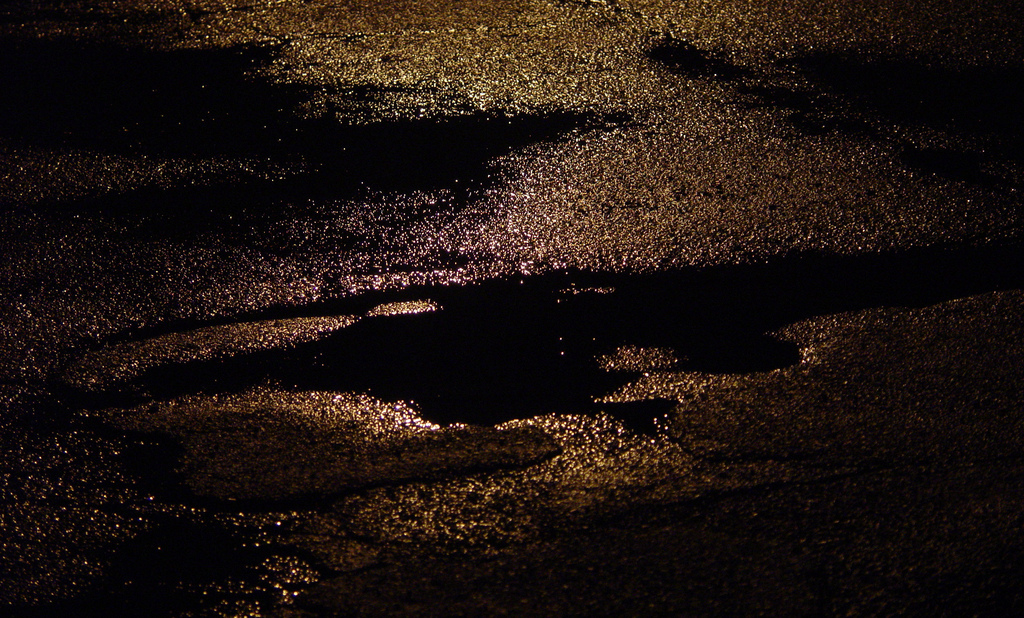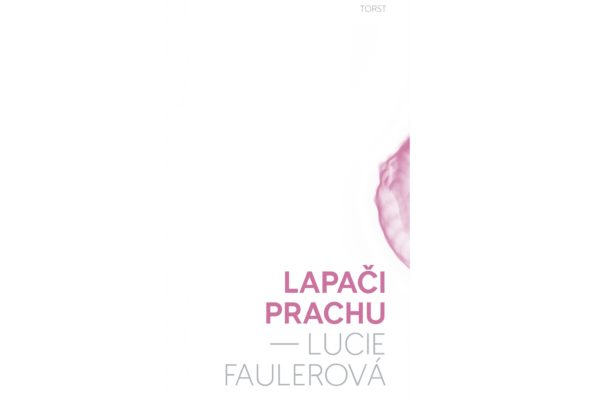Summertime meant heat and boredom, a blanket of stagnant damp. Dead mussels lined the shore, rotting in the sun, and the seagulls pecked and cawed, white-winged sociopaths, scavenging. Rob Kentz, who they called Clark Kentz because he looked like Superman, was on lifeguard duty, so All-American, though Superman was supposed to be an alien. I watched him watch, whistle between lips, thinking I could never be a lifeguard, because concentrating on the now is not my strong suit. What if you forget, get sidetracked thinking about the vast, unknowable macrocosm of the ocean, and forget to look for the signs of drowning, which don’t really look like drowning at all?
It smelled foul close to the waterline. A quick cost-benefit analysis said it was time. Escape from heat, sun, smell equals worth the risk of bikini-top loss, worth the bother of ducking every three seconds to avoid being smashed by a wave. Going out far enough past where they break was not an option because it’s greater shark potential out there.
The most man-eatingest shark in history is from these waters. Right here, in front of the Essex and Sussex in its hotel heyday, 1916. Rich cream-colored people in rich cream-colored linen—not too different from the old folks who live there now—dotted the waterfront, gazing at what they thought was the red hull of a capsized lifeguard boat. It was blood. Guests fainted as the tattered remains of a human body were dragged to shore. He was the shark’s second victim. Days later, eleven-year-old Lester Stillwell was dragged beneath the Matawan Creek when what he thought was a log turned out to have a dorsal fin. His would-be rescuer, Stanley Fischer, dove in to save him only to be attacked, too. Stanley bled out on the way to the hospital. It took a few more days for Lester’s body to wash up.
This happened 85 years ago—almost to the day—but the passing of time isn’t comforting when you consider how old sharks are, evolutionarily speaking.
But what else was there to do but risk it? The current was so strong I flailed my upper limbs to keep my balance wading out in the water-like-molasses, hoping Clark Kentz wasn’t silently laughing at me behind his aviator-shaded stoic lifeguard gaze. I wondered what he really knew about sharks, about danger. Would he have jumped in to save Lester?
The chill of the water removed the haze of heat-nausea, but my mind felt sticky still. I thought I’d feel free, now that I was done with the pathological bell jar of Belleire Alternative. I could go to college or not go to college. I could buy a van and drive it to California, finally get to swim in that other ocean. The world was my mussel, and I was its seagull.
But instead of relaxing on a wide road of opportunities, I felt cramped and anxious. Even more so now that I finally had choices. What if I got out but felt exactly the same? What if the whole world was filled with people laughing at dumb jokes I’d never think were funny? I didn’t think I could handle the disappointment. Instead, I stayed, caught in summertime’s ritual of freedom from ritual.
The water kept dragging me close to the rocks, and I grew tired of fighting, so I went back to the boardwalk for soft serve. It was impossible to handle the heat without some sort of mediator. I struggled to maintain the balance of controlling cone side-drip while still eating delicately enough not to smear my cheeks or lick in a way that gave creepy dudes quivers.
I saw a white car go by that reminded me of Tom’s. Elizabeth made relentless fun of that car, racy-angled and monochrome with its stupid black “bra.” (“What kind of word is that for a car accessory?!” she always taunted him, and really why on earth bother to put one on a car?)
Tom Connor.
I looked at my cone and gave a dairy-throated cackle, remembering how he’d mocked Hannah eating ice cream, looking all like someone just killed her dog, with her big soppy eyes and every breath a sigh. It might have been the final nail in the coffin of my pretend-friendship with Hannah when I laughed at Tom’s imitation.
It didn’t matter. Elizabeth was my only non-pretend friend. The rest of the girls were just filled up space, made the deafening quiet easier to tune out. Tom saw right through Hannah’s self-pity “child-of-divorce” bullshit.
Tom Conner: mean to me for years, as mean as I was right back, who would never admit that he’d cheated at cards even though I learned how to stack the deck from watching him shuffle. Tom, who once told me I was ugly, and I almost believed him, except I didn’t. Because he taught me how to blow spit with my tongue and drove me places in the white bra car. (“Have you ever run a red light in broad daylight?” he asked at an intersection. I shook my head, and he stepped on the gas, blew through the box without looking at me. “Now you have.”) Because he bought me cigarettes once he turned eighteen and in the last year had even started complaining that he didn’t want to be with average girls anymore.
Tom, with his eyes so nice it was a given—I couldn’t say otherwise even when we were acting like we hated each other. Pretty eyes that looked like the worst kind of things had happened to him, though nothing had. Nothing worse than the usual bad dad stuff. Ocean eyes: big, blue, otherworldly.
I was surprised when I learned I could see right into him, see that even though he was in charge of every interaction he had, there was this big, sad void in there. I knew what I saw because I felt it, too: a sigh of big emptiness that covered you, standing next to the edge, in the condensation of its exhalation. In some ways, Tom was better than me at pretending, with his “normal” friends, and his baseball hats, and how he gelled those little tendrils of hair onto his forehead. But I was better in others. I could ignore the cold air spilling up the side of the cliff.
The month before I graduated, our English teacher, Dave, accused me of leaving Tom for dead. I was on my way out the door, metaphorically, but it wasn’t clear when Tom was. Or if. Dave wanted my help getting Tom to do something—listen or talk to someone or finish some assignment.
“There’s no telling Tom to do things,” I told Dave. “Don’t worry.” Dave didn’t know what I knew about Tom: that he could take care of himself—more than any person in high school I’d ever met, maybe more than any person anywhere. “I wouldn’t worry about Tom in front of a firing squad,” I said.
Dave looked at me like I was the one blind to reality. “You know, you’re leaving Tom for dead.”
I stared. Sometimes Dave took my voice away. Ironic. Why does it have to be me all the time? I asked my insides. Why was I the only one in the whole school who had to work? The only one Dave never had a kind word for. I tried so hard for him, for myself, really, but all he said was that I was “killing other people’s children” when I didn’t like their lazy poetry.
The nicest thing he’d said to me, he didn’t say. He gave me his copy of Rosencrantz and Guildenstern Are Dead and wrote on the inside cover: If you do not ultimately go to university, it will break my heart.
What did he expect me to do with the next eternity of days if I didn’t “ultimately” go to fucking university? That whole last year, I’d spent half my week taking classes at the community college (nothing as advanced as “physics” or “French” would ever be taught at Belleire—and no one would take it if it was). That was more schooling than most of my classmates would ever elect to receive.
Even Dave’s nicest gesture felt wanting. Plus, didn’t he get it?
I looked from him to Tommy, who was sleeping in one of the big plush chairs it looked like we’d stolen off a shore house’s front porch (it’s possible someone had). Stains on the armrests, from booze-spills, no doubt. Hot sauce packets beneath the seats. I called him Tommy sometimes now, to his face and in my head, because that was what people who had known him for a long time called him, like his mother, and his public school friends from before he came to our tiny school of misfits. It made me feel closer to him. Leaving him for dead? “I’m the only one who isn’t,” I managed.
Tommy didn’t come in very often that last month. I was too busy to think about it. That physics class was so mathy I had to focus all my energy on just keeping the thread. It was almost fun to exhaust myself trying after having spent the last three years sitting (literally) on my ass.
The numbers, formulas, pretty curlicue variables dancing, shapes that somehow had values, all of that vanished the moment I turned in our final exam, but a few things stuck around. Like the idea of escape velocity. All it takes to leave it all behind is a certain speed. It’s that simple. Gravity is strong, but it’s not unbeatable.
I had only one real plan—the same plan Elizabeth had, a big part of what made us best friends—to go somewhere else, somewhere better. I just had to find the way out.
What would the future look like? I could only wonder as I put one foot in front of the other, walking a slow line along a boardwalk board, already missing the chill of the ice cream, and of the water, missing what I hadn’t even enjoyed that much while it was happening. Even as I watched it happen—right foot, left foot, right foot, left foot—I could never know, not really, what I was headed toward.
The present always felt like such a nothing, until it was no longer the present. I would no longer have those endless stretches: cheating at cards; rolling my eyes at Hannah; laughing out tears in the girls bathroom while Elizabeth clutched one end of a necktie and flushed the other down the industrial-strength toilet, just to see what would happen (the Belleire brand of physics class); wishing Dave would see me, actually look at me, just once. The stretches had an end after all, and here I was in the middle of it, what was supposed to be a new beginning.
At least I thought so. I wasn’t sure what formed a life, or if I’d ever find the right ingredients, or the right way to combine them. I stepped off the boardwalk onto Ocean Avenue and kicked at the asphalt.
I wondered where Tommy was, and what would happen if he drove by right now. He’d stop the black-bra-wearing white car, and I’d open the passenger-side door. He’d complain about my swimsuit wet-butt on the leather seats, and I’d lean over and squeeze saltwater out of my hair onto his lap. Let’s drive to California, I’d say. And we would.
Or we wouldn’t.
My feet had left-righted me to a still stream of parked cars. The white car that had passed me earlier—it was Tommy’s. The bra was gone, but I recognized the cigarette burn I’d left on the passenger side seat. I’d thought he would be angry with me, that day. We were fighting about Elizabeth. He was always cruel about her, for no good reason, calling her my sidekick. “All your awful friends are sidekicks—everyone you let into your life is a sidekick, apart from me,” I yelled as I turned toward him, my wild gesture knocking the burning end of my cigarette—one he’d bought for me—into the leather cushion. But he wasn’t mad. He simply reached over to put the fire out with his finger—flinchless; he was not a flincher—cupping his other hand below to shield my lap.
Tommy’s car was empty, the driver’s side door hanging open. Was he here? I turned, but saw only the Essex and Sussex looming behind me. Why would anyone want to live there? The white fencing on its balconies reminded me of prison bars. I looked back to the water: its strong waves, its immovable rocks, the weight of them both. I was less than a feather, in comparison. Less than a speck of dust. Less than the specks of dust inside an atom’s nucleus.
Then I saw. Lifeguards wear red. Clark Kentz was running.
I felt frozen, as still as summer. Picture summer and it’s a heavy green, a harsh yellow, an inescapable blue.
Where was I now? And where was Tommy—Had I left him? Had he left me?
How could I move fast enough to truly make it out of here?
Image courtesy of Wikimedia Commons




